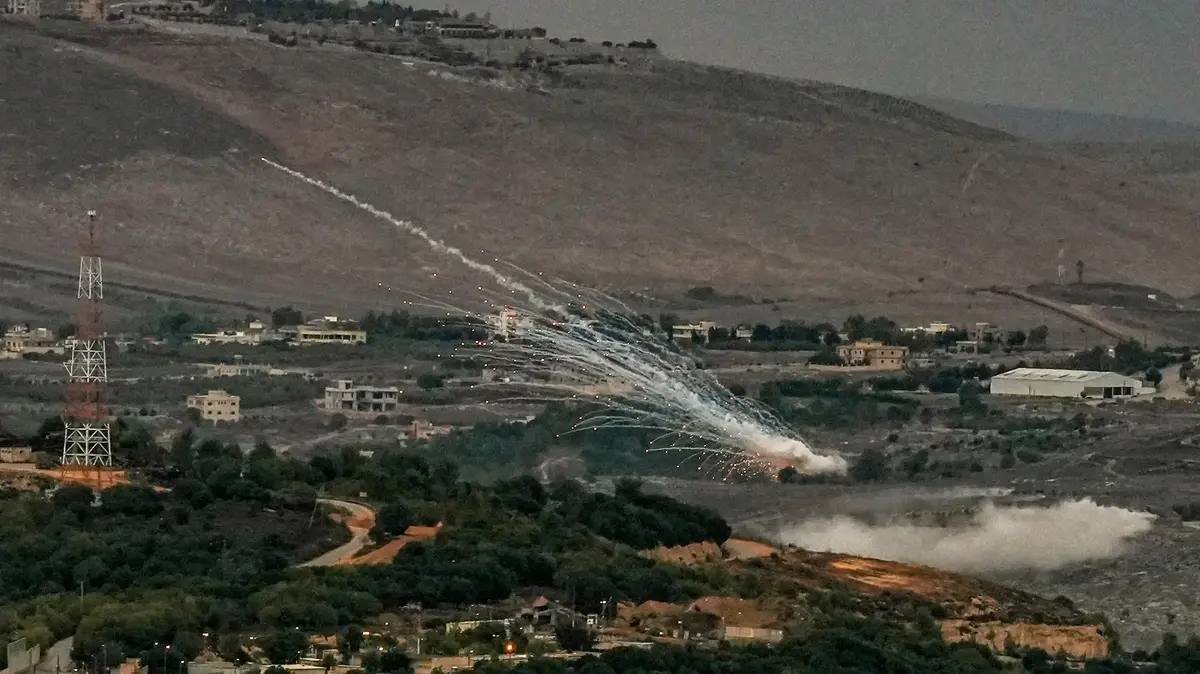New York-Sana
Syria's permanent representative to the United Nations, Dr. Bashar al-Jaafari, reiterated that the coercive Western economic measures imposed on Syria affected all its citizens in the simplest details of their daily lives and prevented them from obtaining their basic living needs, while some representatives of member states claim falsely that the imposition of these measures comes to “ Protection of civilians ”.
During an informal session of the Security Council held today via video, at the initiative of Russia, China, South Africa, Niger, Saint Vincent and the Grenadines on “ending the unilateral coercive measures imposed on Syria,” Jaafari indicated that at a time when Syria has made great achievements in facing the unjust terrorist war it imposed. On it are well-known regional and western governments and have worked to restore security and stability to most parts of the country. The suffering that Syrians endure as a result of economic terrorism, represented by the coercive measures imposed by the United States and Western countries on the Syrian people, increases day by day.
Al-Jaafari explained that the coercive measures affected every Syrian citizen in the simplest details of his daily life and prevented him from obtaining his basic living needs, especially food, medicine, medical equipment and heating fuel. It also severely limited the ability of Syrian state institutions and their humanitarian partners to respond to the humanitarian situation and livelihood and rebuild what has been destroyed by terrorism. And to ensure the safe, dignified and voluntary return of the displaced and refugees, especially in light of the grave burdens imposed by the terrorist war, aggression, occupation and theft of the resources of the Syrian state, as well as the conditions resulting from the spread of the Corona epidemic.
Al-Jaafari pointed out that some representatives of member states claim falsely and in shame that the imposition of coercive measures comes to "protect civilians" and rather promotes baseless allegations about the existence of humanitarian and medical exceptions to these procedures and paint a false imaginary picture that contradicts altogether with the bitter reality resulting from their coercive measures. And the accompanying acts of looting of gas, oil, antiquities, public and private properties, machinery and agricultural crops, and burning what they could not steal from them.
Al-Jaafari stressed that the humanitarian concern claimed by those imposing these measures is not consistent with starving civilians, depriving children of milk, and depriving patients of life-saving medical equipment such as surgical strings, radiographs, magnetic resonance imaging devices, etc., and the list goes on, indicating that even programs and platforms for remote communication and distance education services that Millions of people around the world use it because it has become an urgent need in the circumstances of the spread of Corona. It has not been spared from these coercive measures, as the “Zoom platform” used today at the Security Council meeting, for example, excludes Syria from the list of countries that can benefit from the services of this platform and is forbidden Individuals, institutions and international organizations operating in Syria can benefit from its services.
Al-Jaafari expressed Syria's thanks to the countries that took the initiative to hold the session, to the briefing providers for their important participation and briefings, and to all those who raise their voices in the face of these measures, which represent collective punishment of peoples and a flagrant violation of the principles of international law, the provisions of the United Nations Charter, human rights instruments and the 2030 Sustainable Development Goals, pointing out that continuing in Its imposition expresses a complete disregard and indifference from those who assumed it to the calls of the Secretary-General and senior representatives of the United Nations and the Special Rapporteur on the need to lift these measures and a denial of all the facts and facts presented by Syria, some of which were mentioned by the briefers.
For his part, the Secretary-General of the Syrian Arab Red Crescent, Khaled Al-Erqsousi, presented in a video intervention from Damascus some practical examples of the impact of coercive economic measures on the Syrian people, stressing that these measures imposed by Western countries directly affect children, women and all segments of the Syrian people, which requires lifting them To spare the suffering resulting from it, to facilitate the access of humanitarian aid to those in need, and to not politicize this issue.
Al-Erqsousi explained that the health care system has become increasingly unable to deal with the increasing needs of civilians for preventive and curative health care, pointing out that economic measures impede efforts to import medical equipment, spare parts and medicines, and this leaves the Syrian Arab Red Crescent as a humanitarian organization in a real crisis, but despite that. It continues to provide daily, life-saving humanitarian assistance and support to people as they try to rebuild their lives after a decade of crisis.
The Secretary-General of the Syrian Arab Red Crescent indicated that, in the field of providing first aid and relief, vehicles such as ambulances and trucks are necessary to transport patients or deliver relief materials and those vehicles need fuel, but due to coercive measures, Syria always faces unstable fuel access, not to mention the high cost, and this affects To all humanitarian responders, including the Syrian Arab Red Crescent, UN agencies, and international NGOs operating in Syria.
Al-Arcsousi pointed out that economic measures are a major factor pushing more Syrians to the ranks of those who depend on aid, after the livelihoods of millions of them have been seriously affected this year due to the continuing loss of economic opportunities and the increase in poverty rates, and this of course increases the pressure on humanitarian operations to absorb these numbers. The growing number of people in need.
Al-Erqsousi stressed that the coercive measures imposed on Syria from different countries have caused great impacts on humanitarian activities, especially logistical support lines and financial channels, in line with the broader humanitarian policies of the United Nations and previous practices of the UN Security Council, indicating the need to preserve principled humanitarian aid from the negative effects of the measures. Economic.
Al-Erqsousi said: I have been working in the humanitarian field for 28 years and I have seen in my country horrors resulting from coercive measures that those in this room cannot imagine .. I am speaking from my experience to say that humanitarian aid based on principles is necessary so that humanitarian workers can provide assistance to those in need and we need To stable and unimpeded access to funds, supplies and logistical services. This will not be achieved without lifting the coercive economic measures imposed on Syria.












